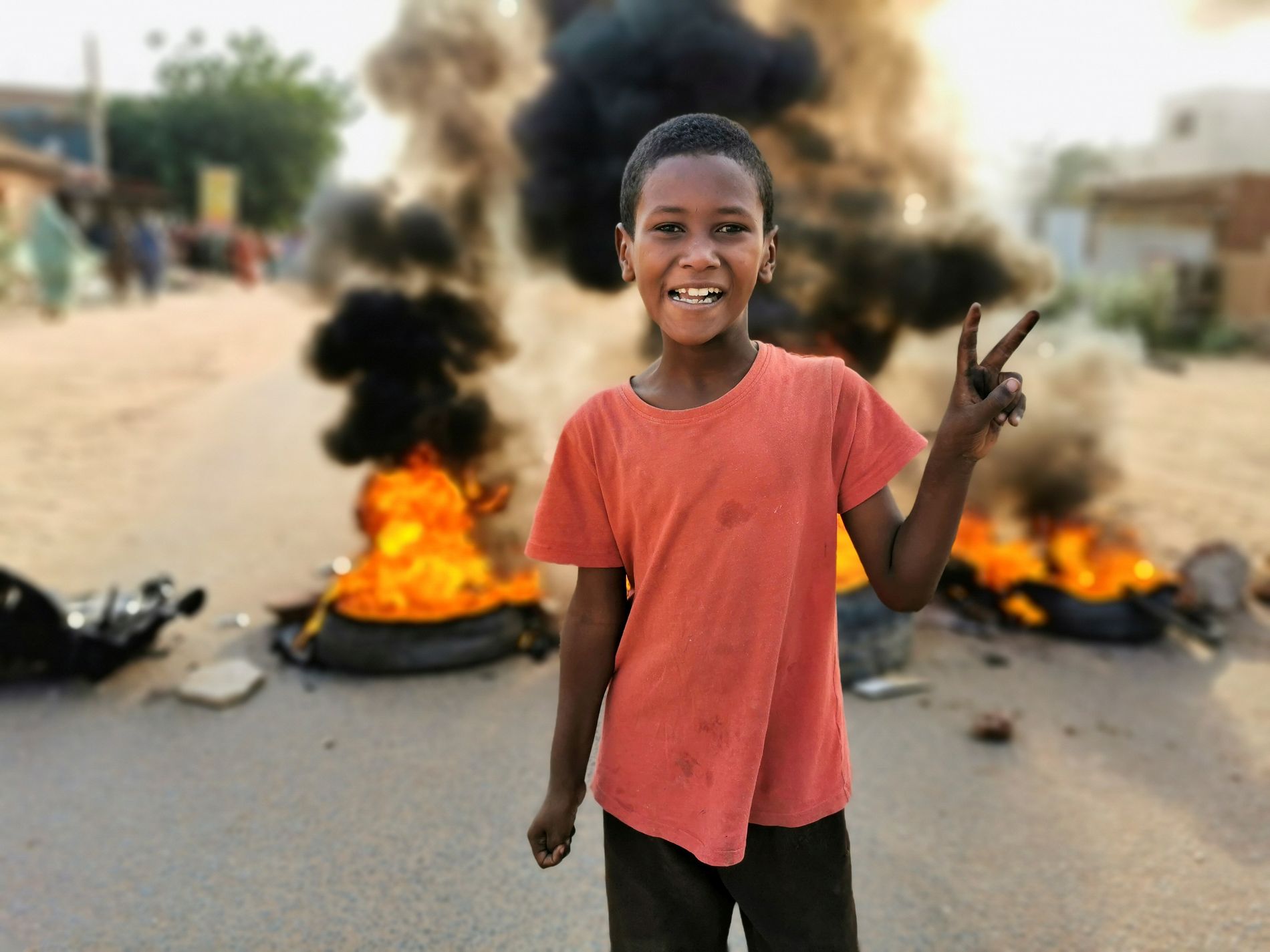
The military coup in Sudan is causing international turmoil: – Liv Tonsen says I am particularly worried that this will be a real bloodbath.
She is a senior researcher at the Chr Michelsen Institute (CMI) and has specialized in Sudan for over a decade, doing fieldwork and teaching at several universities.
On Monday, Sudanese Prime Minister Abdalla Hamdok was placed under house arrest and his civilian government was overthrown. The generals made a state of emergency in the great African country.
Pro-democracy groups quickly came out Mobilization against coup. Thousands boarded a train in the capital, Khartoum, and faced tear gas from security forces.
– The people returned to the streets in protest against the army’s seizure of power. The protesters were reportedly met with bullets and violence, Tonsen told VG.
Sudan’s pro-democracy Central Committee of Doctors said three people were shot dead by soldiers and at least 80 others were wounded.
– They’ve had enough
Tonsen does not believe that the military will accept peaceful protests – but the Sudanese people are not bowing in the first place.
– They’ve had enough. The whole country demonstrated for eight months to overthrow Omar al-Bashir. The researcher at the International Media Center says that they clenched their teeth together, to obtain a civil and democratic form of government.
Al-Bashir was the dictator who ruled the country with an iron fist for 30 years. He was ousted in 2019. The military took over, but had to share power with a coalition for peace and change.
The country was to be governed by a transitional military and civilian council for a period of three years, before democratic elections were held. So far, Major General Abdel Fattah Al-Burhan has chaired the council.
– Tensions arose between the civil and military wings, in the weeks before a representative of the democratic movement took over the leadership of the council, explains Tonsen.
Attempted coup and siege
A failed coup attempt in September divided the country along old dividing lines. Military forces created a crisis for the civilian government by closing the port on the Nile.
The blockade led to a rise in the prices of bread and petrol. The price increases created dissatisfaction in a country that was already in an unstable economic situation.
At the same time, the military reported that it had cracked down on the Islamic State (ISIS) in Sudan.
– Perhaps the army wanted to show the need for it, to fight enemies and bring peace and order. They might be surprised at how much opposition to the coup is, says Tonsen.
After declaring a state of emergency on Monday, the country’s commander-in-chief Abdel Fattah al-Burhan said he would soon establish a “competent” government, the NTB wrote.
Tonsen was not surprised by the military coup.
– There was a showdown in the papers. The NTC was a solution based on negotiations, which in the view of many was merely a postponement of the inevitable, namely that the army must relinquish power in order for democracy to flourish in Sudan.
The army wants power
She says the simple explanation for the coup is that the military wants power.
– They do not gain much from the transition to civilian rule and are not interested in participating in a process in which they may lose power and be referred to court, says the researcher at the center.
It says military leaders in Sudan have strong economic interests linked to smuggling, including human trafficking.
“Some of those who have a background in the former regime are subjected to serious human rights violations on their conscience, including the genocide in Darfur,” said the researcher at the Malaysian International Centre.
At the same time, the army has the support of Saudi Arabia and the UAE.
– There are countries that certainly do not want democracy or an Islamic government in the region, but prefer a stable military regime in Sudan, says Tonsen.
She notes that military leaders control gold mines that conduct large-scale exports, including to the UAE.
The Sudanese military forces also received good salaries as mercenaries for Saudi Arabia in the civil war in Yemen.
– Take the streets
But the civilian counterforce is well organized. The Trade Union Assembly, the largest pro-democracy group in the country, called on all Sudanese to fight any kind of military coup.
“We urge the masses to take to the streets, block roads with roadblocks, not cooperate with the coup plotters and use civil disobedience to confront them,” the agency said.
Liv Tonsen views the situation with great concern.
– That the people were able to control al-Bashir, he created self-confidence and faith in his ability to do so again. The road is still open, but I fear a bloodbath in which civilian lives are lost.
internationally condemned
Internationally, protests against the coup were strong. The United States, the European Union, the United Nations, the Arab League and the African Union call for the preservation of previous agreements.
Norway stands with the people of Sudan in their quest for freedom, peace and justice, as Foreign Minister Anken Hoytfeldt (Labor Party) wrote on Twitter.
The United States announced a temporary state of aid. Tonsen doesn’t think it would have much of an impact, because the generals have strong ties to rich countries like Saudi Arabia and the UAE.
Tonsen states that the European Union provides financial aid to Sudan, so that the country’s military forces can monitor the borders and stop the migration of migrants from Africa to Europe.
– It would be nice if the EU stopped cooperating with Sudan where the army took power. Clearly, democratic government is more important than stopping immigration.
On Tuesday, the UN Security Council will hold an emergency closed-door meeting to discuss the situation in Sudan. Norway will be among the countries that requested the meeting.

“Organizer. Social media geek. General communicator. Bacon scholar. Proud pop culture trailblazer.”
